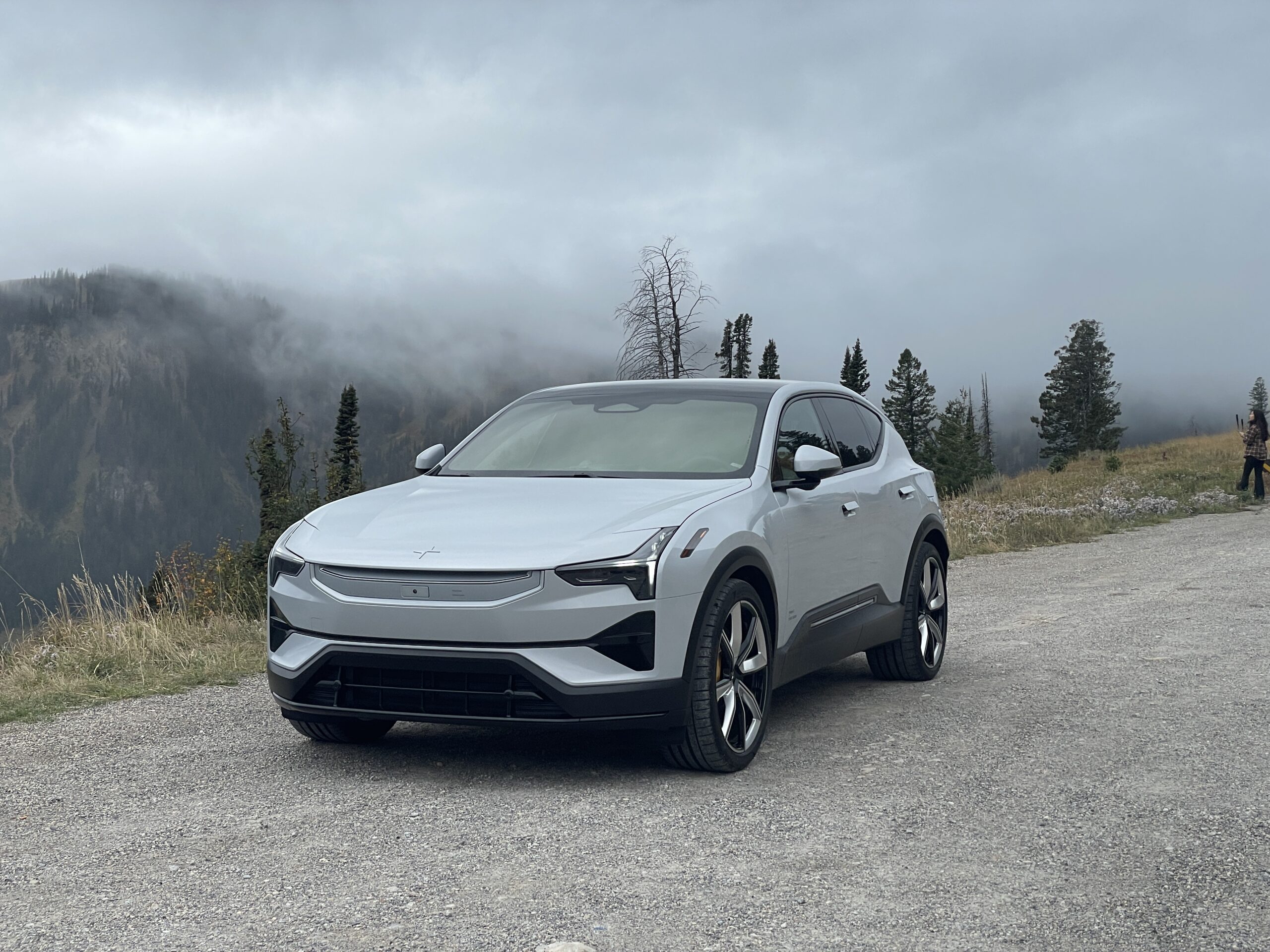
Sign up for daily news updates from CleanTechnica on email. Or follow us on Google News!
A recent episode of RV Miles on YouTube shared the results of an interesting RV industry survey conducted to help RV manufacturers and dealers better understand the current state of the industry. While all of the findings shared in the video were interesting, I want to cover a few important ones that the EV and overall clean technology industry need to be thinking about. But first, let’s look at the video:
The most interesting takeaway for the RV industry itself is that RVs are being used a lot more than they used to. Older surveys seem to show that RVs were used around 20 days per year, while the average number has gone up by 50%. But, perhaps more importantly, the sheer number of people living in vehicles has gone way up, even if nailing down the exact number of people living in RVs isn’t easy.
The RV industry itself often doesn’t want this kind of information to become common knowledge. If RVs became a form of housing in regulators’ minds instead of being seen as toys, government standards could go up and RVs could become more expensive and difficult to produce, which would make it tough for both company profits and buyers. But, the industry does seem to be thinking more about durability, so this data will still have a positive impact.
One way positive impacts happen is by not looking at the market as a monolith. By splitting RV buyers into segments, it becomes easier for the industry to find a target niche and to do things that serve that niche well. Full-time people looking for something larger and more durable to live in aren’t going to have the same needs as people who are looking to go fishing somewhere 100 miles from home on summer weekends. In other words, getting rid of the “one size fits all” mentality is beneficial for all involved.
What Clean Technology Companies Need To Think Hard About
The growing number of people spending more time or even all of their time in an RV has obvious implications for the companies building RVs, but those aren’t the only companies who are already being affected by this trend and others that go along with it.
Vehicle manufacturers are the obvious first place to look for effects. The end of the market that wants to tow (occasional users and “family campers”) is about 61% of the market. This means that towing is more important than ever as the number of trailers on the road rises. Failure to make compelling EV and PHEV trucks to serve this market is a bad move.
The companies selling batteries, solar panels, portable power stations, and other such things do seem to get this. I’ve seen Chinese companies like EcoFlow and Jackery focus on the outdoors, including 30-amp RV plugs built into their larger power stations. But, the modular approach these companies are now taking lend themselves well to the occasional visitors to the outdoors. Being able to remove the batteries from the RV or bed of a truck, take them inside, and use them for power outages vastly improves the value proposition for these kinds of big ticket items.
It’s also important to consider the niche markets, especially full-time RVers. EV manufacturers are at a disadvantage here, because people living in a vehicle won’t always have access to charging at night. But, again, companies offering flexible “dual use” items like power stations are at a huge advantage because of the omnivorous nature of these devices. Being able to charge from a generator, solar panels, vehicle alternators, or even from an EV’s battery makes for easy, natural (dare I saw Taoist?) growth in that market segment as it continues to grow.
My big takeaway: clean technology products need to be as modular and flexible as possible to roll with the punches!
What wider trends do you see in the video and report that might be useful for the clean technology industry? Be sure to tell us in the comments or on social media.
Featured image: my current RV project (that obviously needs some work). Photo by Jennifer Sensiba.
Chip in a few dollars a month to help support independent cleantech coverage that helps to accelerate the cleantech revolution!
Have a tip for CleanTechnica? Want to advertise? Want to suggest a guest for our CleanTech Talk podcast? Contact us here.
Sign up for our daily newsletter for 15 new cleantech stories a day. Or sign up for our weekly one if daily is too frequent.
CleanTechnica uses affiliate links. See our policy here.
CleanTechnica’s Comment Policy




